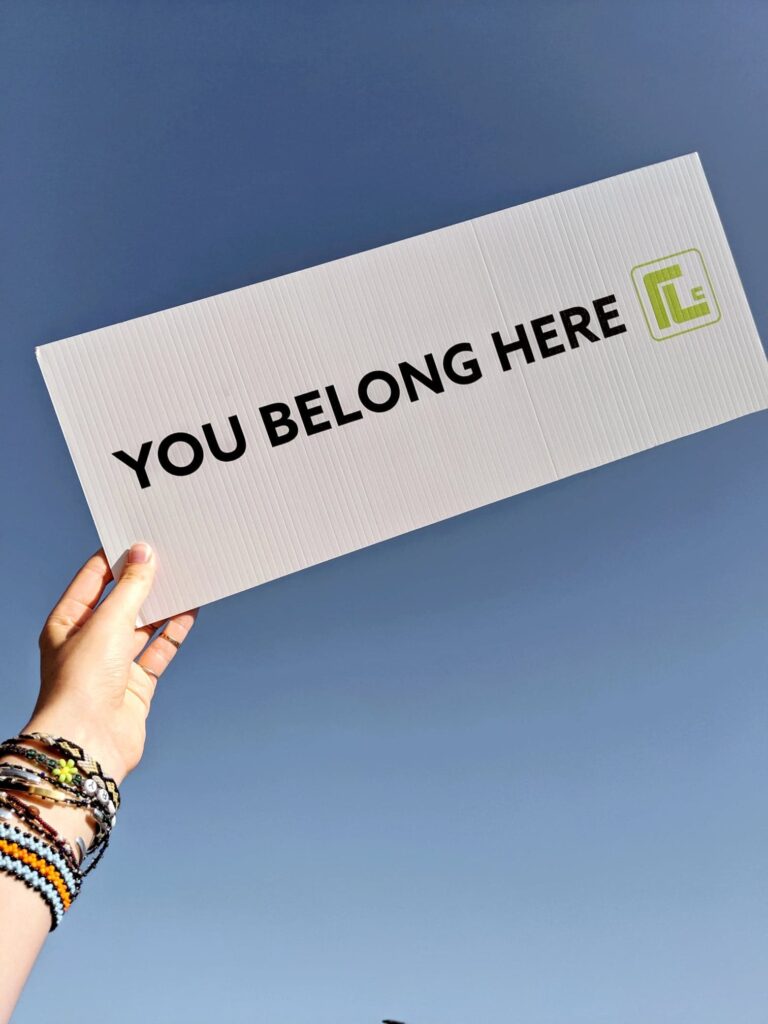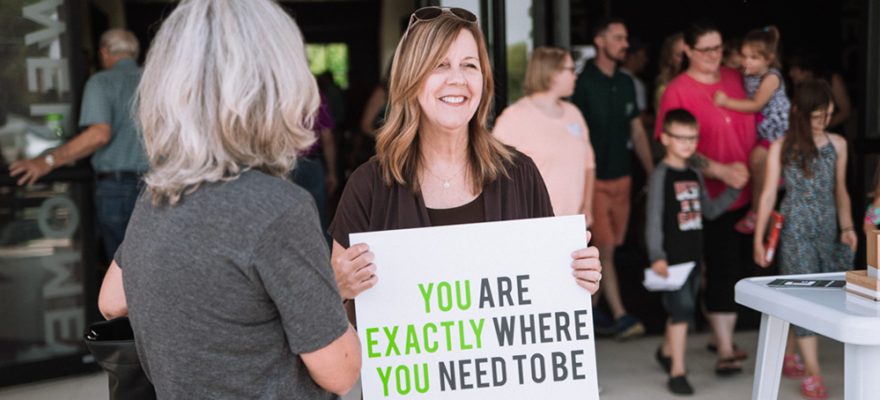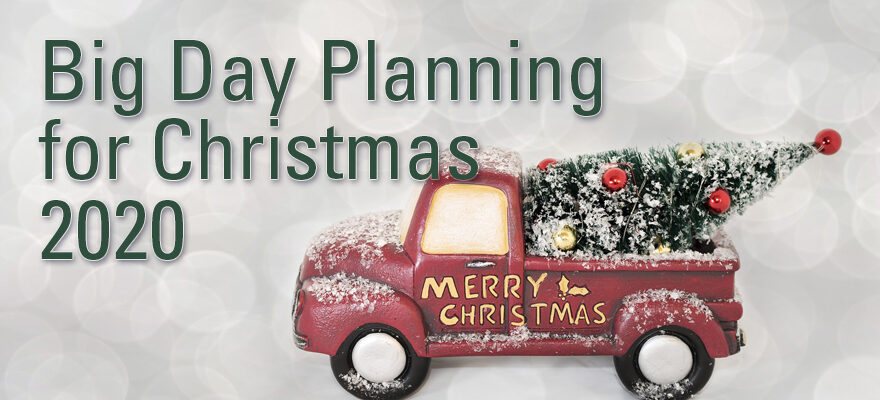By Vince Daniel, Director of National Missions
It was a Tuesday. I had been fighting the call to preach for nearly a year. I moved states. I blamed my wife. I couldn’t keep a job. I was running, and it was obvious to everyone but me. But that night, that Tuesday night, in Mountain Home, Arkansas, God spoke so clearly through an evangelist. He had just marched around the entire church. He was stomping and wiping sweat from his face and the pages of his Bible. Then he stopped right at the pew I was sitting at, looked at me, and asked a question I didn’t have a real answer to: “Why aren’t you preaching?”
And everything changed. I fell to the floor in repentance to God for running, and at the end of the night I stood and proclaimed, “If God wants me to preach, I will preach!” Within two days, I received my first call to fill in at a church about an hour from our home. Within six weeks I was a full-time pastor at a church in Melbourne, Arkansas, where my ministry started.
I know this article is titled “Called to Plant,” but I need to assure you that I know what it means to be called, to have something speak so deeply to your soul that there is nothing else you can imagine doing.

It was eight years after that initial call that I felt it again. My family and I were in an established church that was growing and doing well. We had been the pastor for three years, and God had done some amazing things while we were there. But I was struggling, not with my ministry or my marriage. Both were thriving! I was struggling with an ache in my heart for an area that was dear to me. We had driven through north-central Arkansas a few weeks earlier, and God, as only he can do, broke my heart. I couldn’t sleep or find peace. As a result, we resigned from the church. It didn’t make sense to those that knew us. In fact, it didn’t make sense to us. We had resources, facilities, people, and opportunities. But God called, and we had to listen. In the next year, we learned a lot in regard to planting a church (I am not being completely honest. We didn’t know a thing!). With $1200, a used soundboard, and borrowed chairs from every church that would send any, we opened Real Life Church.
I knew God had called us, but I wasn’t sure of what all He had placed in us to complete the task. That may be where some of you are right now. You sense that God is moving in a radical way in your heart to plant or do something different, but your just not sure. I want to lay out what we call some non-negotiables in church planting. After each one will be some definers for each attribute.
Continue reading


